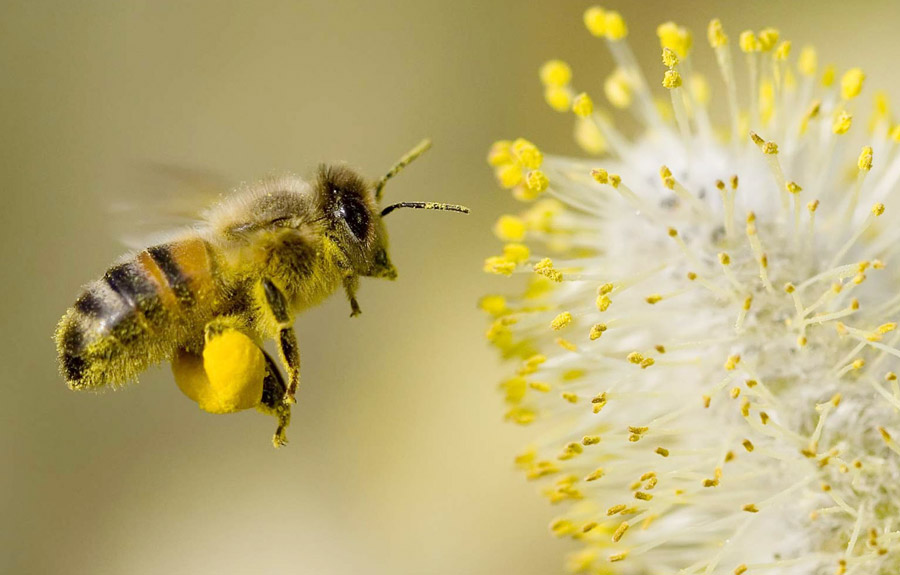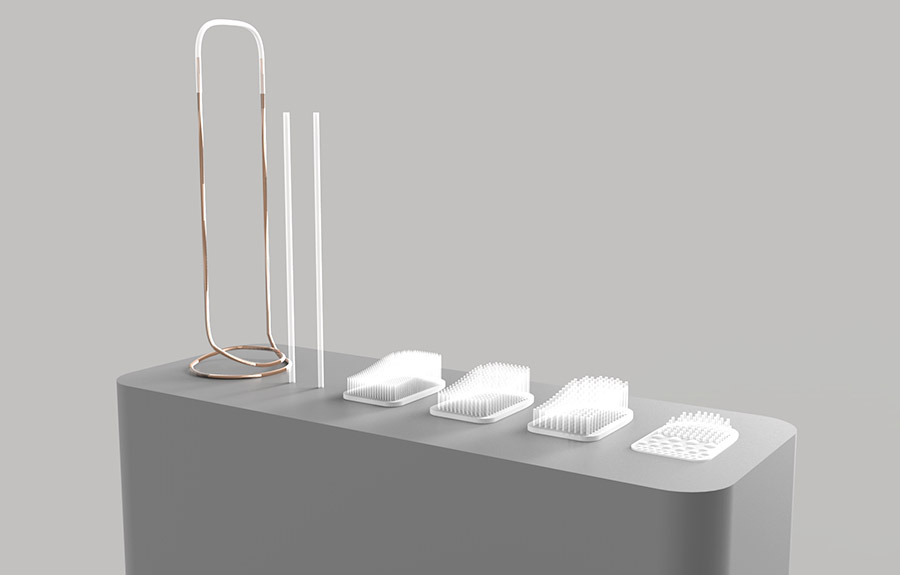2017 - New Star Award
Saint-Etienne, France

Earvin Epistolin
Saint-Etienne, France
Student Group
I am a French student coming from Bourgogne, the region of wine and gastronomy. Expressing myself through object design allows me to shape my ideas and thoughts on diverse subjects and matters I am interested in. Design is a field giving me the possibility to develop my curiosity through a range of different mediums. This time, I chose to treat this subject through photography and video.
《Caresses》
Category | Product & Industrial design: Product design
Group | Student
In the years to come, technology is going to get better and better, providing us with more comfort and security. On the other hand, the huge humanitarian and ecological issues we are already facing now keep on worsening. Thus, an examination of basic values and principles surrounding such development seems appropriate. Species extinction or at risk of extinction are one consequence of the global upheaval for which technology is partly responsible. Indeed, the extensive use of chemical products and noxious materials and the global warming it has consequently generated have undeniably played a role in species extinction. Not only mammals are vulnerable. Pollinating insects, bees, in particular, are also highly threatened.

This is particularly concerning considering that bees contribute to the pollination of 80% of flowering plants and that 30% of our consumption of fruits and vegetables depends on them. The extinction of this species would be disastrous for global wildlife. The world is grey without bees.
Due to intensive agriculture and the abuse of pesticides and chemical products, it is now “human bees” who pollinate orchards by hand in the Chinese province of Sichuan. However, on the bright side, it can be seen as a job for the future, leading to significant changes in work methods and protection of the environment. Cities could become greener and self-sufficient. Urban crops could be grown in order to promote local agricultures. Hence, “men and women bees” could be legitimate in the building and functioning of tomorrow’s cities.

The “human bee” job requires a lot of rigor and energy. The repetitive movements needed for the pollen recovery and the flowers fertilization leads to a real body choreography, where hands and fingers play a central role. The point is to do the job that humans never should have had to do if only they had leant to pay attention and care about nature. This job is way more than just a response to a humanitarian and ecological need. What is at stake is to recreate the forgotten connection of humans with nature, which is in total contradiction with the industrialization of agriculture.
The prosthesis will be coated with blocking hairs that will help amass the pollen, just like the back paws of bees.